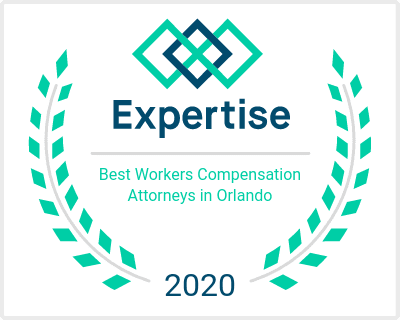When a person in Florida becomes disabled, they may have a number of resources to fall back on. Some resources, such as pensions and medical insurance, are private and therefore will not affect one’s ability to seek Social Security disability benefits. However, other resources are public, such as workers’ compensation, and may have an effect on one’s ability to seek Social Security disability benefits.
When a worker suffers an injury or illness on the job, they may be able to pursue workers’ compensation benefits. These benefits may be used to help offset the costs of medical care and lost wages while the worker is unable to work. However, if a worker is awarded workers’ compensation benefits and Social Security disability benefits, the sum of the benefits received cannot be higher than 80 percent of the worker’s average wages prior to becoming disabled.
If the total amount of workers’ compensation benefits and Social Security disability benefits amount to more than 80 percent of the average amount of the worker’s current wages, the excess amount is taken away from the worker’s Social Security disability benefits. This reduction will continue until the worker is 65-years-old or their workers’ compensation benefits end, whichever occurs first.
That being said, certain types of public benefits, unlike workers’ compensation, will not affect the Social Security disability benefits one receives. These include Supplemental Security Income and Veterans Administration benefits. Workers with further questions about how receiving public benefits will affect their ability to seek Social Security disability benefits may want to speak to an attorney with experience in Social Security issues.
Source: ssa.gov, “Social Security: How Workers’ Compensation and Other Disability Payments May Affect Your Benefits,” accessed Feb. 21, 2015







